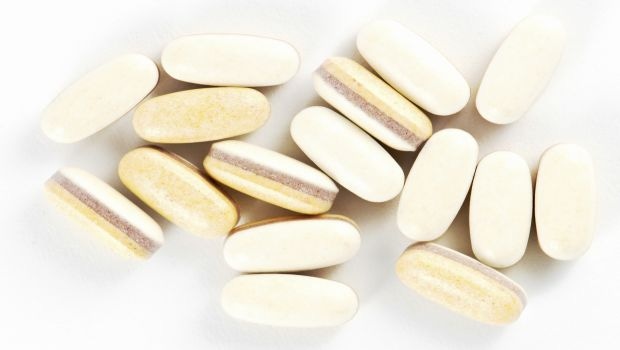Interest in and knowledge about the microbiome has led to the popularity of a variety of evolving ingredient categories.

As with any field of science, understanding the terminology is critical. Before explaining the terminology used to describe different types of “biotic” ingredients, it is important to understand a key concept related to all of them: the microbiome. According to the National Institutes of Health (NIH), the “microbiome” is defined as “the collective genomes of the microbes (composed of bacteria, bacteriophage, fungi, protozoa and viruses) that live inside and on the human body.” The human body has all kinds of things living in (and on) it, and by sheer cell number, people are more nonhuman than human, sporting about 10 times as many microbial cells as human cells. Despite outnumbering their human hosts, because these microorganisms are so small (thank goodness), they make up only about 1 to 3 percent of a person’s weight (about 2 to 6 pounds of bacteria in a 200-pound adult). While tiny, these bugs play a giant role in human health, and every day scientists learn more about their role. Consumers are also learning how consuming even more of them, through dietary supplements or foods, impacts the microbiome and overall health.
PROBIOTICS: The granddaddy of the “biotics” used in dietary supplements and foods, probiotics has the most well-established definition. While the term has not been formally defined by FDA, the World Health Organization (WHO) defines probiotics as “live microorganisms that when administered in adequate amounts, confer a health benefit on the host." Thus, to be a probiotic, a microorganism must meet two key criteria: (1) it must be living; and (2) it must provide a health benefit (when administered in adequate amounts). Keeping microorganisms alive through processing and to the end of a finished product’s shelf life can be difficult, but that is key for an ingredient to be a probiotic.
Whether a microorganism provides a health benefit can be shown different ways, but the gold standard is a clinical trial following a double-blind, placebo-controlled design. Of course, the amount of probiotics used in the product should match the amount used in the clinical trial(s) that showed the health benefit.
This is an excerpt from the “Probiotics, prebiotics, synbiotics and more: the terminology of ‘biotics’” article featured in INSIDER’s "Probiotics: Masters of the Microbiome" digital magazine. Click the link to read more.
Ivan Wasserman will be sharing more insight about legal considerations surrounding probiotics at SupplySide West 2018. He’ll be speaking during the "Probiotic Product Development: A Need-To-Know Guide Before Taking That First Step" workshop on Saturday, Nov. 10. This workshop was developed in conjunction with the International Probiotics Association (IPA) and is underwritten by Deerland Enzymes, DuPont, Lallemand Health Solutions, Morinaga, Probi and Sabinsa. And don’t miss out on visiting the IPA Probiotics Resource Center, booth 5355, also developed in conjunction with IPA. Sponsored by Nutrasource Pharmaceutical and Nutraceutical Services, it offers SupplySide West attendees a high-profile location to learn about key issues in the probiotics market.
Attorney Ivan Wasserman is the managing partner of regulatory, intellectual property (IP) and litigation law firm Amin Talati Upadhye LLP. Noted for expertise in foods, dietary supplements and cosmetics, he helps clients develop products, and create and execute marketing campaigns that are both legally compliant and effective. Wasserman and his team represent clients before FDA, FTC, U.S. Consumer Product Safety Commission (CPSC), state attorneys general and in class-action litigation. In advertising disputes, he represents companies before the National Advertising Division (NAD) and the Electronic Retailing Self-Regulation Program (ERSP). Wasserman has been included in Best Lawyers in America from 2007 to 2018.
About the Author(s)
You May Also Like






.png?width=800&auto=webp&quality=80&disable=upscale)